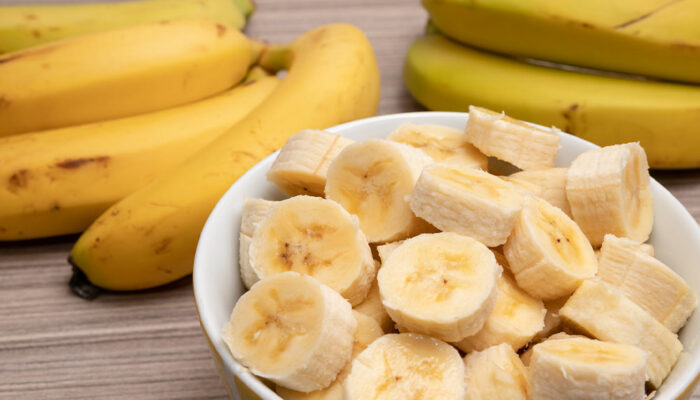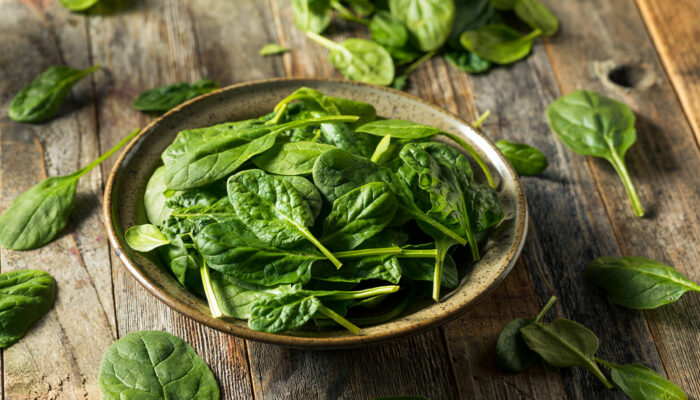
Top 9 Foods to Avoid With Eosinophilic Esophagitis
Eosinophilic esophagitis (EoE) is a chronic inflammatory condition that affects the esophagus -the muscular tube that allows food to pass from the throat to the stomach- causing discomfort. Various factors contribute to developing the condition or triggering flare-ups, including certain food items. Understanding these trigger factors helps patients explore alternatives that are healthy to eat while managing the condition. Keep reading to learn more about foods that worsen EoE symptoms and how to avoid them.
Chocolate
Unfortunately, chocolate can be a trigger for EoE. Studies suggest foods that carry a higher probability of causing heartburn or acid reflux can worsen eosinophilic esophagitis in patients. Chocolate is one such food that is counter-indicated for patients with heartburn. To avoid complications, satisfy your sweet tooth with carob-based treats or enjoy desserts with alternative ingredients.
Nuts
Peanuts, almonds, walnuts, and many other nuts can result in an allergic response. Intake of these nuts can trigger severe EoE symptoms. Allergic reaction in the body leads to increased inflammatory levels and swelling. Replace nuts and peanuts with seeds, such as sunflower or pumpkin seeds, or explore nut-free alternatives.
Seafood
Seafood is often considered one of the healthiest sources of protein and omega-3 fatty acids. However, shellfish and fish are also among the foods people can be allergic to. Intake of seafood can trigger eosinophilic esophagitis symptoms in some individuals. It can increase inflammation in the esophagus and might even trigger acid reflux in some patients. To improve symptom management and the severity of the condition, avoiding these foods from the meal plan is best. Instead, one can opt for other protein sources like chicken, turkey, or legumes.
Soy
Soy is a common source of food allergy in individuals. Its regular use might even lead to people developing sensitivity or experiencing digestional discomfort. Excessive intake of soy sauce, soy milk, and tofu can lead to complications as all of these products contain a type of protein that elicits an increased immune response in susceptible individuals.









